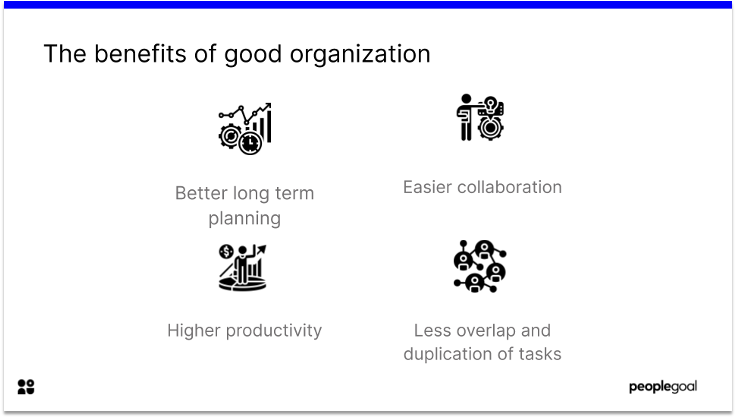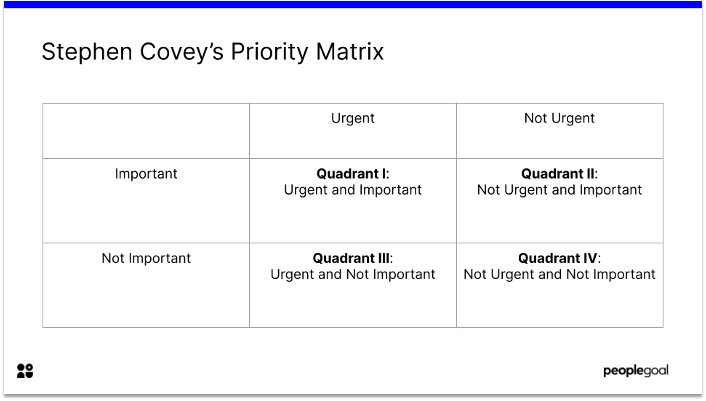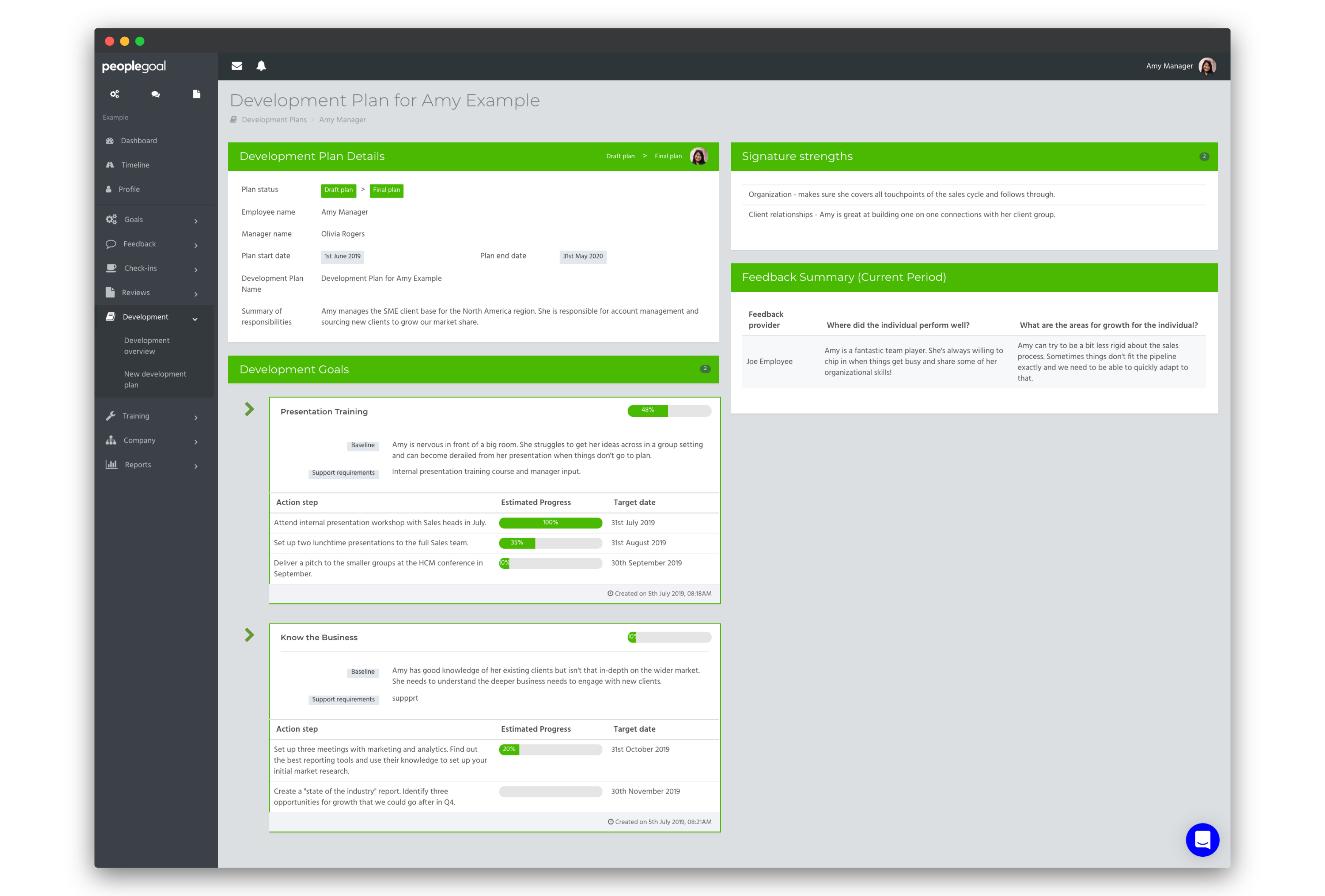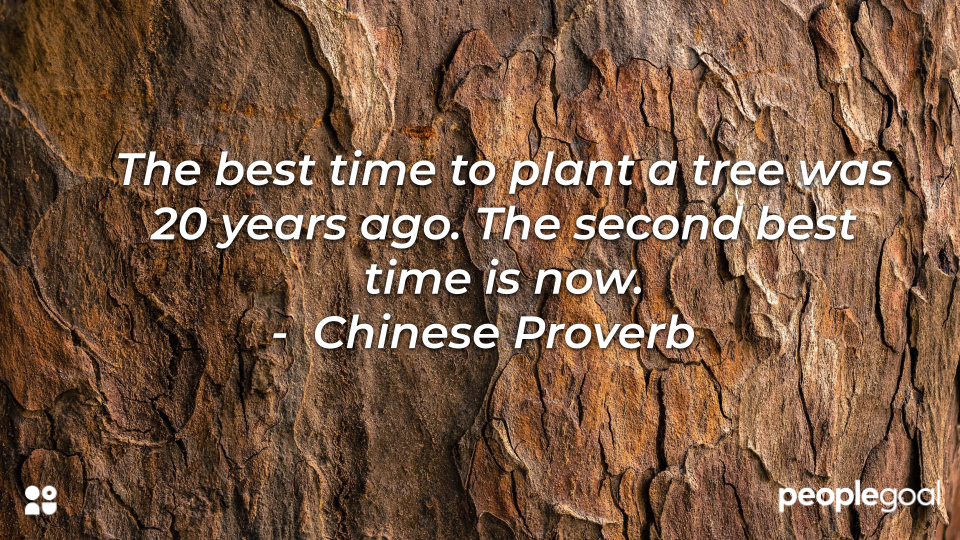Week in, week out, team leaders are required to round up the troops and delegate responsibilities to team members. Done properly, you can set your team on the path to success. There are various tools and services that can assist you with task management. Yet first and foremost, it requires good organization from a leader to coordinate a productive week for the rest of the team.
As the great leader Benjamin Franklin said himself "By failing to prepare, you are preparing to fail". Don’t leave your team waiting around on Monday morning, uncertain about what it is they are expected to do. Planning your weekly tasks will enable you to make the most of the working week. Take 15 minutes and set out a clear structure for the week so that come Friday afternoon, everyone will be feeling accomplished and happy about the work they’ve done.

Importance of Good Organization
When looking at the etymology of the term organization, it stems from the Latin word organum, meaning instrument or organ. Now if you think of an orchestra or even the human body, they are essentially products of their various parts, working in unison to produce beautiful effects. Consider yourself as the conductor of an orchestra, waving your wand and guiding your assortment of team members to fulfill the roles you require.
A well-organized team is capable of achieving great feats. Individuals that are given clear and precise instructions are far more likely to yield positive results. Through good organization, you can expect to see more time-efficient work from yourself and your team as they have greater clarity about what they need to be doing and by when. It also contributes to improving communication and the balancing of workloads as team members can cooperate to complete tasks that might reinforce each other. Furthermore, it prevents any overlapping of work or duplication, therefore preventing any time-wasting or doing any unnecessary tasks.

How do you prioritize tasks?
In any job, there are always some more important tasks and then other less taxing, yet equally necessary tasks. Unless automation eventually takes over from us, this will forever be the case for humankind. Consequently in the process of deciding what tasks are to be completed in a week, there must be a consideration for the priority of particular tasks over others. There will be certain recurring tasks that must always be fulfilled by a set date and so it is through considering these static deadlines that we can arrange our working week. Resultantly, ensuring that everything else is done in due course.
In the planning process of setting weekly tasks for your team, look to determine if there are any pre-established deadlines for employees. Using these as guidance you can then better understand what your team members will be focusing on in the upcoming week. Demonstrating that you are aware of these responsibilities will both motivate team members to ensure that deadlines are met. It will also encourage them that you are considerate of their needs in completing tasks and consistently plan their own delegation of tasks – leading to a more engaged workforce in the long run.
At the end of the day, the most urgent and most important tasks must be completed first. We can take inspiration from Stephen Covey’s priority matrix. By separating tasks based on importance and urgency, you can ensure that the jobs that are most important get done first. Smaller tasks must still be done, with the most urgent tasks seen to first before the less urgent and unimportant small tasks seen to last.

What does a productive work week look like?
If you set a list of to-dos at the start of the week and by Friday everything on the list is ticked off, then this can be labeled as a productive week. Actually achieving this requires more thought and consideration than just blindly throwing out tasks. For team members to find the time to complete their task list, there must be some guidance on how to break up the amount of time to spend on their responsibilities.
Certain tasks will require notably more time and effort than others. Moreover, there are a variety of tasks that demand deeper thought. As suggested by Cal Newport, deep work can only take place when an employee is able to dedicate a specific time block to focus on one particular task. Work completed in a shallow state can get the job done, however, it is only when employees commit to deep work that they will create value and develop skills through their work.

As such, along with setting tasks, it is important to encourage employees to incorporate time management as they look to complete tasks. Providing team members with a combination of tasks, some demanding more mental stimulation whilst others less so, enables employees to maintain a varied week. It is too much to expect team members to be able to perform at their highest capacity throughout the week. As such, a blend of responsibilities enables them to structure their week in accordance with their preferred approach to tasks.
How to create a great process for setting weekly tasks
Collate a wide range of ‘task types’
Put aside some time to collate a list of various categories for types of tasks. For instance, if your company writes a lot of blogs, compile a bunch of topic areas that you want your team to cover. Then within each category, add specific titles for blogs or tasks that you would like to see completed at some point.
By gradually building yourself a bank of tasks, it takes the work out of having to come up with brand new tasks each week. Additionally, if one of your team members blazes through their set tasks in a matter of days, you can swiftly provide them with some new responsibilities to flesh out their week.
Plan ahead
Whilst tasks are set week by week, you and your team will be working towards some more long term objectives. As a result, when you look to set tasks consider your upcoming objectives. Depending on their urgency, you may want to establish some more important tasks that will contribute to these. It is crucial that your planning process strikes a balance between short and long-term goals.
Avoid becoming caught up in the process of setting weekly tasks, get a wider perspective of the upcoming month, quarter, year… whatever is going to help you set tasks that achieve these upcoming desirables.
Establish a pattern of recurring tasks
It is inevitable in any organization that there will be some tasks that recur in the weekly calendar. The benefit of these tasks is that it becomes far more straightforward for team members to tackle. As they grow in familiarity they will develop a more efficient process to complete the day-to-day tasks in good time. When there is a constant in an employee’s work week, they can use this as an anchor for all of their other responsibilities. Consequently, promoting good time management practices.

Review and learn from previous tasks
Any time you set a new task, you will anticipate a certain amount of time it will take to complete. More often than not, these predictions are much shorter than the time it takes in reality. It is important to take this information on and to learn from previous weeks and tasks you’ve set. Thanks to your weekly report, when you come to set a similar task, you will have a greater appreciation for the time and effort required to complete it. Using this knowledge, you can better delegate responsibilities across your team so that no one is left with heaps of work to do on Friday afternoon.
Learn from your team
Leading any team is a constant learning process. As you continue to set task lists and allocate the amount of time for each team member – take the opportunity to understand how your team works. In your planning process, establish who will be best to undergo certain important tasks and how to ensure that everyone will have a productive week. By productive week, this doesn’t just mean getting their work submitted but actually making something of value from their efforts. Enabling each team member to learn and develop in their role so that from Monday morning to Friday afternoon, they can look back and take pride in what they’ve accomplished.
Ready to 3x Your Teams' Performance?
Use the best performance management software to align goals, track progress, and boost employee engagement.






